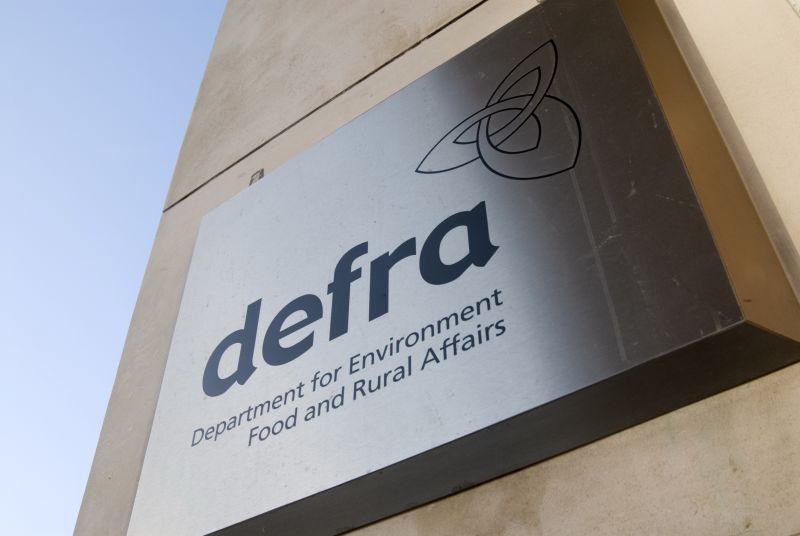
MPs have slammed the Government's progress on post-Brexit agricultural plans, saying there is a "notable lack of detail" in policies.
They have also called for "more clarity on funding, delivery, and timing" in any post-Brexit farming policy.
The comments are included in the new Environment, Food and Rural Affairs Committee (EFRA) report launched today (6 June), 'The Future Of Food, Farming And The Environment'.
It focuses on the impact of leaving the Common Agricultural Policy (CAP) and whether the Government’s proposals will deliver on its ambitions to both increase farm competitiveness and enhance the environment.
The report responds to the Government’s Consultation on the future for food, farming and the environment once the UK leaves the EU, named ‘Health and Harmony’.
This paper consults on a new domestic settlement for agriculture in England which will help deliver the Government’s ambitions to “provide better support for farmers and land managers who maintain, restore, or create precious habitats for wildlife”.
The results of this consultation will inform the upcoming Agriculture Bill, due later in 2018.
In response to the Consultation, EFRA is calling on the Government to ring-fence funding for farming post-Brexit, provide greater details on its new support mechanisms for farmers, and ensure environmental and welfare standards are maintained on products entering Britain.
'Risks damaging'
Neil Parish MP, Chair of EFRA said a new funding model for agriculture is essential for the future prosperity of UK farming.
He said that whilst Defra's consultation is ambitious, there is a "notable lack of detail" in the Government’s paper and "more clarity on funding, delivery, and timing" is needed.
“As we leave the EU we must ensure that we maintain our standards, and that those importing into the UK meet our high standards of production,” Mr Parish said.
“The Government should commit to funding the future agricultural policy using ring-fenced funds, consider new support mechanisms such as tax breaks and capital grant support, ensure that trade agreements demand that imported products meet our standards, and avoid a regulatory race to the bottom.
He added: “The Government risks not achieving its ambition and risks damaging the sector. The Government should respond to the farming sector’s concerns and provide clarity as soon as possible.”
Common Agricultural Policy
The report highlights the need for the Government to produce a thorough sectoral assessment of the impact of leaving the Common Agricultural Policy (CAP), to identify support for small and medium-sized farms.
It calls for the Government to ring fence the funds released to fund the rural economy and environment.
Withdrawing Direct Payments will have a varied impact between sectors, and particularly damaging effects will be felt by grazing livestock, cereal and mixed farms, the MPs explain.
Farm competitiveness
The report highlights that UK agricultural productivity is in decline and is falling behind its competitors.
The MPs say they will not support the Government’s ambitions for farming in England as the Government's White Paper fails to address the barriers to productivity.
Defra has been urged to produce a farm productivity plan by May 2019 that investigates new tax breaks, advice centres, capital grant support and the successor to the agri-tech fund, amongst other areas of exploration.
Environmental Public Goods
There is broad support for including animal health and welfare within Defra’s public money for public goods policy, but the paper has failed to consider wider food policy with public impact such as reducing diet-related diseases.
The MPs say it should support healthy food in payment models to farming, and bring forward changes to Government buying standards and ensure use of healthy, affordable and British food in Government procurement.
Further, the report suggests that it will be challenging for Defra to find the right body to coordinate its national public goods framework, and to avoid a ‘race to the bottom’ in standards as the industry sheds EU regulation.
Trade and labelling
Defra’s involvement in agri-food negotiations is positive, the report notes, and the Committee is calling on the Government to ensure that trade agreements always prevent agri-food products that do not meet the UK's environmental, animal welfare and food standards from entering the country.
This will be supported by the Committee’s recommendation to improve country of origin food labelling.
